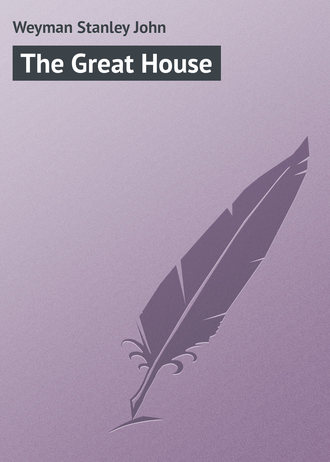
Nor is it possible, even for those who do not agree with him, to think of his dramatic fall without sympathy.
In the same week Basset and Mary were married. They spent their honeymoon after a fashion of their own, for they travelled through the north of England, and beginning with the improvements which Lord Francis Egerton was making along the Manchester Canal, they continued their quiet journey along the inland waterways which formed in the 'forties a link, now forgotten, between the great cities. In this way-somewhat to the disgust of Mary's new maid, whose name was Joséphine-they visited strange things; the famous land-warping upon the Humber, the Doncaster drainage system in Yorkshire, the Horsfall dairies. They brought back to the old gabled house at Blore some ideas which were new even to old Hayward-though the "Duke" would never have admitted this.
"Now that we are not protected, we must bestir ourselves," Basset said on the last evening before their return. "I'll inquire about a seat, if you like," he added reluctantly.
Mary was standing behind him. She put her hand on his shoulder. "You are paying me out, Peter," she said. "I know now that I don't know as much as I thought I knew."
"Which means?" Basset said, smiling.
"That once I thought that nothing could be done without an earthquake. I know now that it can be done with a spade."
"So that where Mary was content with nothing but a gilt coach, Mrs. Basset is content with a nutshell."
"If you are in the nutshell," Mary answered softly, "only-for what we have received, Peter-let us make other people thankful."
"We will try," he answered.
THE END







